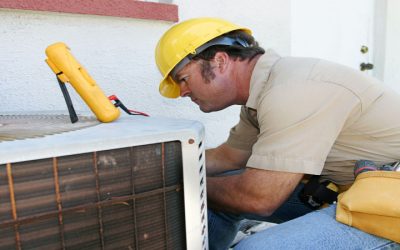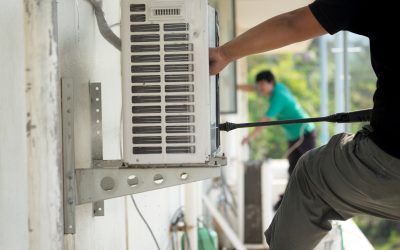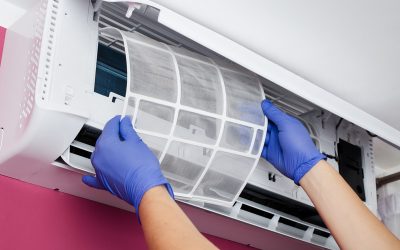Most people do not think much about the mechanics of an HVAC unit until there’s a problem. It’s no fun to have cold air in the middle of winter, and having only heat in the summertime can be equally challenging. By acting on these signs that an HVAC unit needs repairs, homeowners can keep their surroundings at a comfortable temperature.
Higher Heating and Cooling Bills
If the utility bill has risen significantly with no corresponding spike in usage, it may indicate that there’s a leak within the HVAC system. When there’s a leak, the Heating And Cooling Unit must work harder to cool the indoor air-;and power bills go up. If the unit is old, leaky, and inefficient, the homeowner should consider buying a new, energy-efficient model. HVAC repair specialists often help homeowners save on their Heating and Cooling bills by getting units to work as they should.
Foul Odors
A bad odor coming from the HVAC unit may arise from a variety of factors, such as fungal or mold growth, a dead animal in the unit, or a bad motor. Whatever the cause, a person’s nose doesn’t lie-;and bad odors from the air conditioning unit should be checked out right away.
Rust
A rusty Heating And Cooling Unit can indicate an old leak or excess condensation in the ductwork. It may require inexpensive ductwork repairs that can solve the problem and lower utility bills. However, the unit may just be old and inefficient, which can cause leaks and rust. A new unit can deliver the indoor comfort the family needs.
Indoor Dust
A cracked duct can pull in dust and pollutants from unused, uncleaned areas of the home. The solution may be as simple as resealing the ducts, and a licensed HVAC technician can make the diagnosis.
Too Much Noise
Multiple issues can cause squealing in the unit. It may be a faulty belt, a bad coil, or an issue with the motor bearings. Such noises indicate a need for part replacements, which should be done before the unit fails completely. If there’s a rattling noise, there may be a loose part which should be corrected before it deteriorates further. A loud banging indicates that there’s a broken part, and the unit should be turned off until it can be evaluated by Refrigeration, Heating & Cooling.


